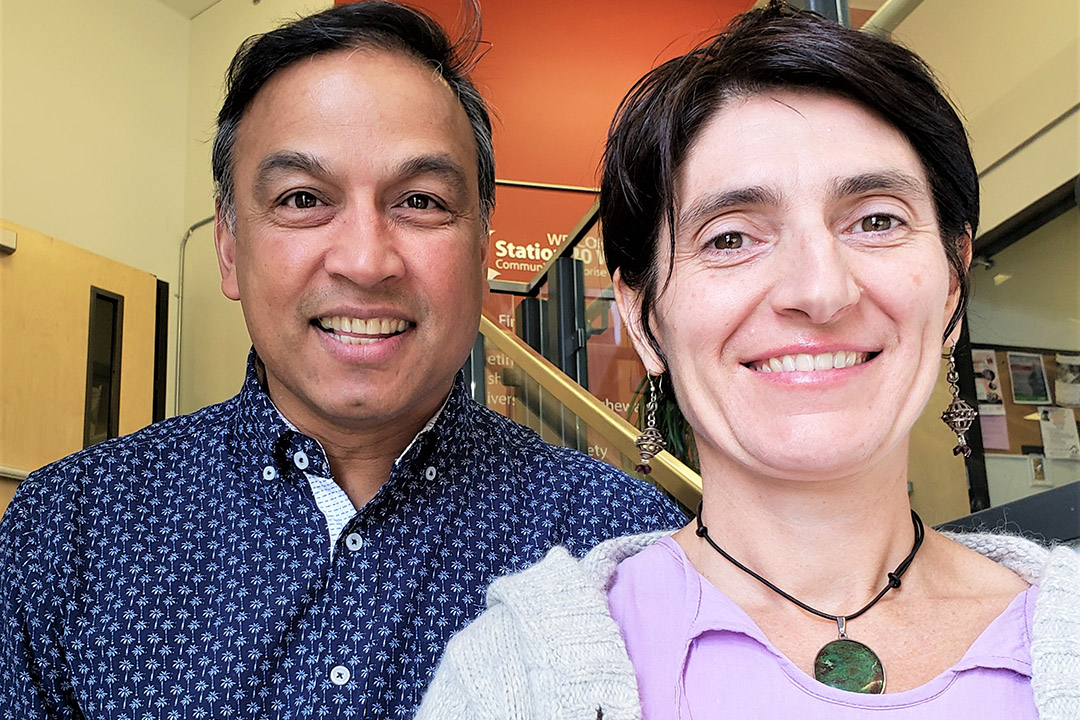
Ambulances support USask Mozambique project
For expectant mothers in the African country of Mozambique, reaching medical services could mean walking up to 15 kilometres over sandy and difficult terrain.
By Kristen McEwenTwo years into the five-year University of Saskatchewan (USask) research project, the Mozambique-Canada Maternal Health project has delivered a total of six ambulances—three conventional ambulances and three local ambulances—to be distributed throughout three districts in Inhambane, Mozambique.
The Mozambique-Canada Maternal Health Project aims to reduce maternal and newborn mortality and improve sexual and reproductive health by taking a woman-centred and gender sensitive approach to mobilizing communities, increasing capacity in the health-care system and conducting research in 20 communities in the province.
“The roads are so intensely difficult that it takes quite a long time (to travel),” said project director Dr. Jessie Forsyth (PhD), noting that it’s challenging for vehicles to cross terrain as well.
Forsyth has been in Mozambique since July 2017 and became project director in 2018. Originally from Nova Scotia, Forsyth initially became involved with the project as a gender advisor, working with the team in integrating gender analysis across all programming areas.
Principal investigator and USask epidemiologist Dr. Nazeem Muhajarine (PhD) noted that the project is working with the provincial health directorate in Inhambane and local health workers to provide both training and infrastructure support, such as ambulances, maternal clinics, waiting homes, and updated medical training and materials.
“With our presence there, we are contributing much needed assets to the health-care system, for example, equipment and material, infrastructure and management as well as clinical know-how in the form of initial and continuing clinical education,” he said.
Read more on the university news site.
